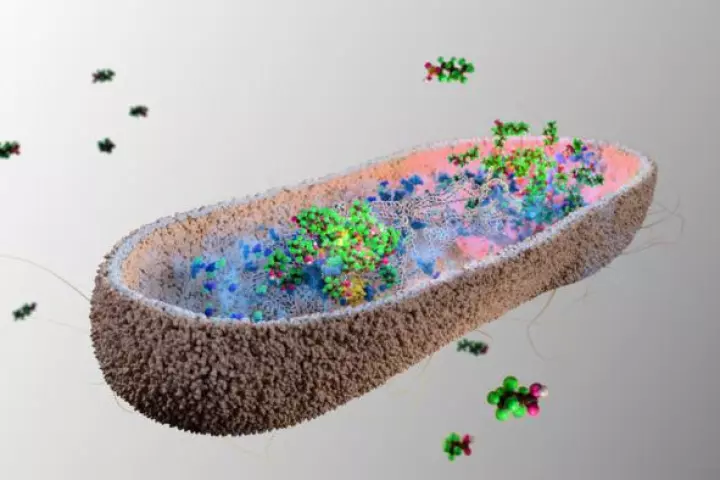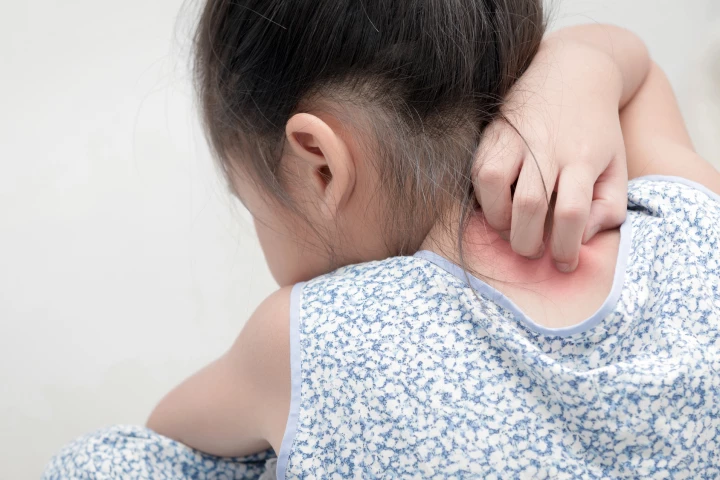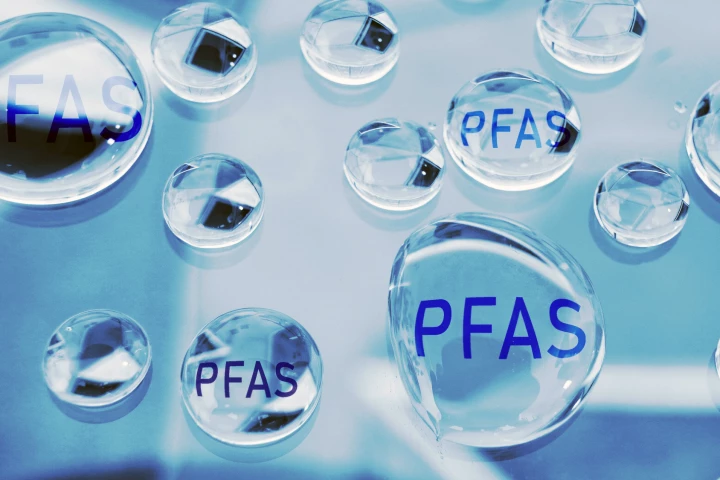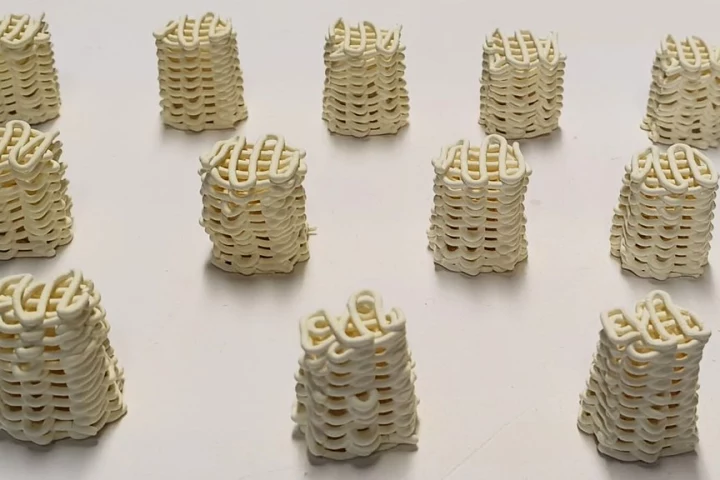Chemicals
-
A new study published in Nature Microbiology has reported a naturally occurring family of bacterial species in the human gut that can absorb and break down toxic, long-lasting "forever chemicals" and carry them out as waste through feces.
-
Children exposed to the common antimicrobial triclosan were more likely to develop allergic symptoms, a new study has found. It raises fresh concerns over the health impacts of a chemical widely used in everyday products.
-
Neighborhoods near golf courses are often considered desirable locations. However, a new study suggests that houses within a few miles of manicured fairways and greens may not be such hot property for your health and wellbeing.
-
Toxic ‘forever chemicals’ are increasingly showing up in the environment, our food and drinking water, and our bodies. But we might have a new weapon: scientists have identified a bacterium that can eat these chemicals, as well as their byproducts.
-
Smartwatches can help improve our health and fitness. But a new report says it's important to consider what kind of bands we put on them, as several popular brands were found to contain high levels of a class of chemicals linked to health issues.
-
Drinking water in developed countries is pretty clean, but hidden nasties can still lurk. One mysterious “phantom chemical” has haunted drinking water for decades, and now researchers have identified it – and found it’s completely new to science.
-
Toxic “forever chemicals” are a major environmental problem, and a growing body of research shows they’re also a major health problem. A new study has found people with higher levels of PFAS in their blood have poorer sleep.
-
Proposed methods of removing toxic ‘forever chemicals’ from water have either only trapped the chemicals or broken them down. A new study has demonstrated a method that does both effectively. And it's quick and cheap.
-
Scientists have developed a new method for removing toxic “forever chemicals” from wastewater. 3D-printed ceramic lattices can remove up to 75% of PFAS from polluted water in three hours – and the structures get better at their job as they’re reused.
-
Scientists in Japan have developed a new method for breaking down toxic “forever chemicals” quickly and at room temperature. The technique broke down 100% of certain types of these pollutants overnight, recovering some useful components for reuse.
-
Venus may be a hellscape, but there’s a chance some forms of life could evolve there. A new MIT study has now found that the building blocks of life are surprisingly stable in highly concentrated sulfuric acid – which Venus’ clouds are made of.
-
Exposure to phthalates, a commonly used chemical in plastics, has been estimated to be the primary cause of one in 10 preterm births, according to a new study led by researchers from the New York University Grossman School of Medicine.
Load More











